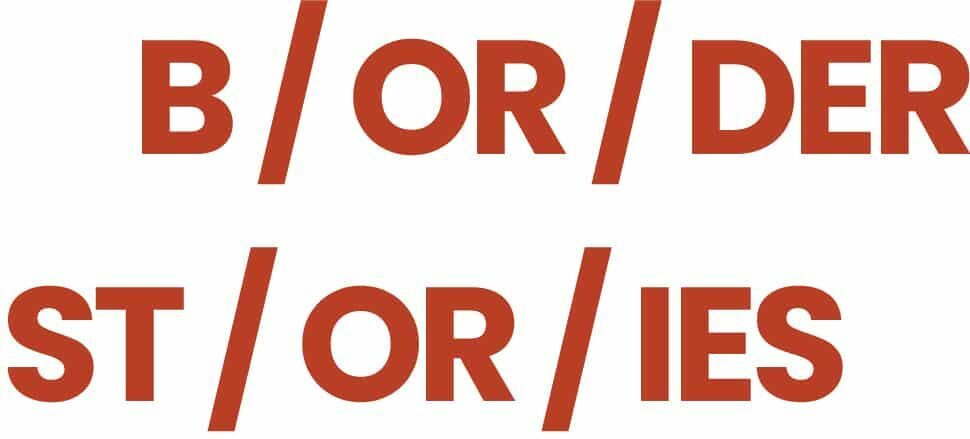Station OR /: Exclusion
For many people, borders imply exclusion – not only when crossing political borders, but also in everyday life. The growing border fence of Melilla illustrates the increasing closure of Europe against migration from Africa, and its devastating consequences. In addition, the station provides insights into flight realities in the Global South as well as the continuing influence of borders in Germany.
Denied access to Europe
Borders reproduce social inequalities. Especially for people from countries of the so-called Global South, there are increasing barriers to travel around the world. In order to prevent the arrival of migrants and refugees from countries of the Global South in Europe, the EU has increased control at Europe’s external borders since the 1990s.
Saltos & Push Backs: Violence at the Spanish-Moroccan border
The result of the racist selections at the closed border of Melilla are makeshift camps where people stay for months, as well as the “saltos de la valla”: the life-threatening crossing of the border fences into Europe.
People caught in the middle
Another EU border strategy is so-called externalisation, i.e. the outsourcing of migration controls to third countries. Countries that take over for the EU migration control measures use this to negotiate economic support or to push through other interests.
On the run
According to the UNHCR, an estimated 103 million people were on the run in 2022. The number has thus more than doubled within 10 years. In the wake of growing global inequality, wars and climate disasters, this number is expected to rise even further in the coming years.
Life in the camp: A state of waiting
Kakuma Camp is located in a remote desert region of Kenya. The regulations are extremely restrictive: refugees are not allowed to leave the camp and thus have no chance to integrate socially in Kenya.
Borders of the mind: With awareness against racism and discrimination
Borders are not only to be understood as political-territorial demarcations. They live on as boundaries within society, both in politics (e.g. asylum law), administration (e.g. “foreigners’ office”), as well as in people’s minds and thus in interpersonal interaction.
Demand for safe havens
Due to the closed-door policy of Europe, migration routes are becoming increasingly dangerous – especially across the Mediterranean. According to the UN, 1,940 people were listed as dead or missing there in 2022; civil organisations assume a much higher number.
